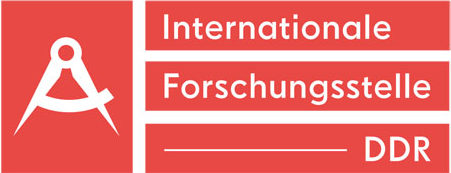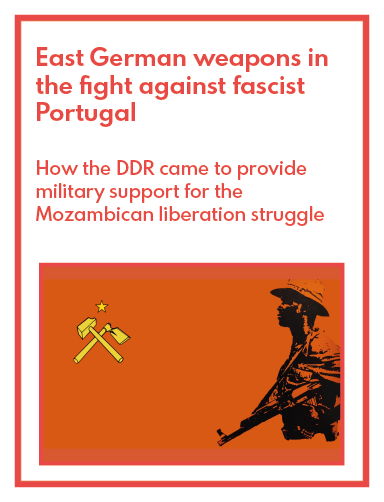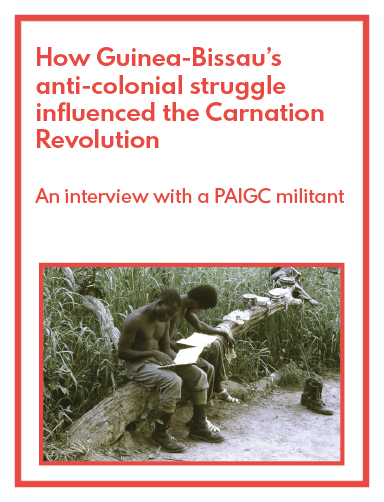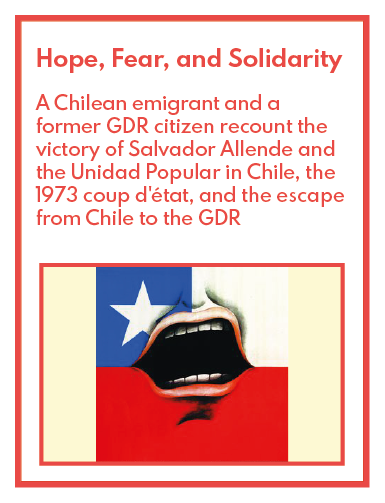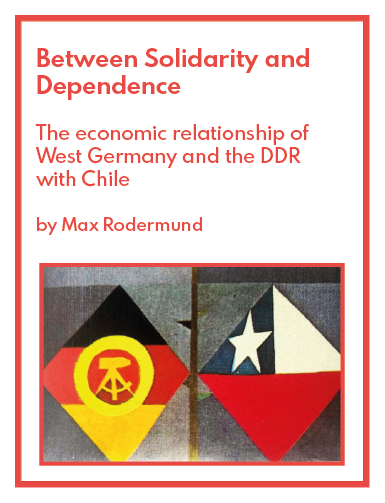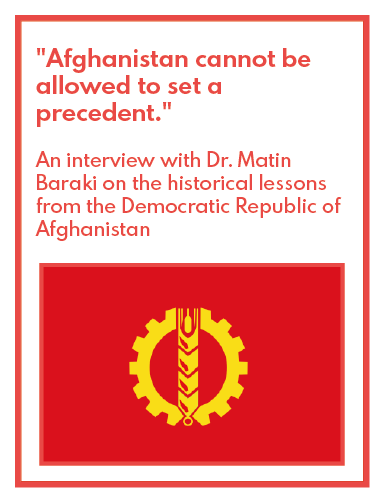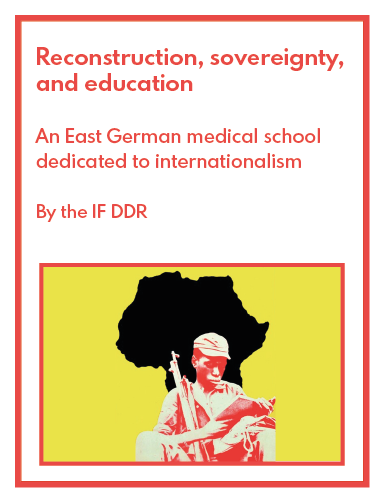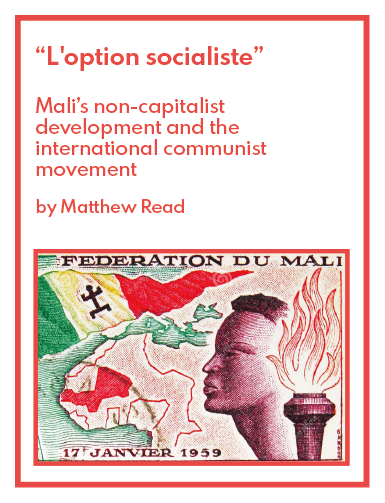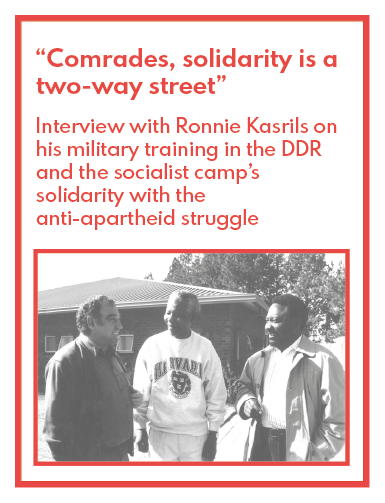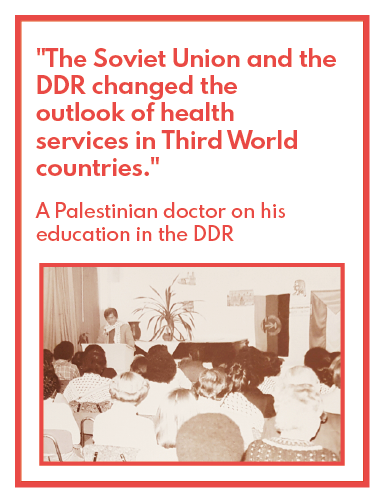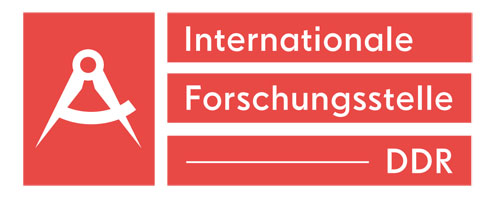The Communist Study Groups in France’s African colonies
Nathan Macé 21 May 2024 Introduction The end of the Second World War inaugurated a new era of the 20th century: the old European colonial powers had been greatly weakened, a new socialist world system had emerged across Asia and Eastern Europe, and the national liberation movements in Africa and Asia were invigorated with a new … Read more
